Illinois remains only Midwest state without high school football
Illinois Gov. J.B. Pritzker has taken criticism for not allowing high school sports to take place in the fall due to the Covid-19 pandemic.
Illinois, along with 15 other states, has foregone playing high school football this fall and has instead elected to postpone the season to at least 2021, due to Covid-19. While it’s a proper countermeasure to ensure the safety of all those involved, it’s a missed opportunity for many in the realm of sports.
Sam Knox, the assistant executive director of the IHSA (Illinois High School Association), understands the situation yet is disappointed by the outcome.
“Our IHSA staff and our schools around the state wanted to play this fall, even if it meant starting a little bit later, maybe September or even early October,” he said. “But we’re under restrictions by the governor and the Illinois Department of Public Health simply said we can’t.”
Despite understanding the circumstances, most Illinois coaches aren’t happy seeing surrounding states play high school football. While they still are able to interact with the players through Zoom meetings multiple times a week, high school coaches are dealing with these circumstances in different ways.
For John Holecek, the assistant athletic director and head football coach at Loyola Academy, it’s more about his players than it is about him.
“I think it just affects the kids so much, not just losing the fall football season, but the competition, the motivation,” Holecek said. “We’re just trying to keep the kids on track, hopeful that things will get back to normal and that they’ll get to do the things they love. The experience of high school football, if you played it, you know, there’s a sense of belonging and team camaraderie. You really can’t really put it into words.”
Tim Racki, the dean of students and head football coach at Nazareth Academy, enjoys seeing his family a bit more than he normally would, but misses coaching football more than ever.
“The most challenging thing is losing that structure,” Racki said. “Me, along with coaches everywhere, have a high passion for [football]. It takes away your identity a little bit. You realize how much you love it when it’s taken from you. It makes me appreciate it that much more I guess.”
There have been mixed feelings about how Gov. J.B. Pritzker has handled the situation. The IHSA and the coaches haven’t been particularly fond of Pritzker’s availability during the entire process.
“Quite honestly, the biggest obstacle has been lack of cooperation or even teamwork from the governor’s office and the IDPH,” Knox said. “[IHSA’s] director, Craig Anderson, has attempted to schedule multiple meetings with those groups, even going back to last summer, to get this figured out. Being the only state in the Midwest and one of just a few states in the country that can’t play football this fall is disappointing because we know that if the IDPH and the governor’s office helped us formulate some really good, positive plans and steps, we are 100 percent confident we’d follow them. We want kids to do what they love to do, play football, volleyball, etc.”
Racki, on the other hand, put his feet in the governor’s shoes and was more understanding of the circumstances.
“When you’re in a position of leadership, you have to make incredibly tough decisions,” Racki said. “I think I empathize with him more than the people who are extremely angry or disappointed. He’s not intentionally out there wanting to cancel high school or youth sports. He is doing the best he can with the information that he has. It’s really easy to second-guess someone in that position, just like it’s easy to second-guess me when we lose the game on a call that I make or maybe as a school administrator. I’m going to do the best that I can and I know he’s doing the same. Do I agree with everything? No, not really, but that’s OK. I’m not into personally attacking people in positions of leadership because I understand. I can empathize with where they’re at.”
While the loss of autumn high school team sports affects many across the state, the important question is: should Illinois be playing them? Looking at pro sports, they are aggressively testing athletes on a near-daily basis for Covid-19. High schools simply don’t have the resources to accommodate that.
According to the IDPH, as of Oct. 23, there have been 360,159 individuals who have tested positive for Covid-19 with 9,387 total deaths in the state of Illinois. Also, according to the IDPH, football, along with boxing, rugby, lacrosse, hockey and others, are listed as a higher risk under their sports safety guidance.
Experts in the medical field think it’s a no-brainer to shut down these team sports for the foreseeable future. Rebecca Feinberg, a teaching associate professor at DePaul University, is in total agreement with shutting them down with good reason.
“We are seeing the numbers rise tremendously at the moment, as you can tell by the fact that 30 different states are on the no-travel list for the state of Illinois,” Feinberg said. “Numbers are rising across the country and that is incredibly problematic.”
When can we realistically expect to see high school football played in some sort of capacity again? Phillip Funk, associate professor of virology at DePaul University, says it shouldn’t be happening until a vaccine is in place.
“A lot depends on when that vaccine can roll out and how quickly we can get it distributed,” Funk said. “Part of that is there’s still some debate about how long-term the immunity is. We’re going to have to do the science to really get a sense of how good the vaccine is. Is this going to be a vaccine where you need a shot and later you’re getting the booster? That’s not clear. I would obviously defer to the public health authorities [in the meantime].


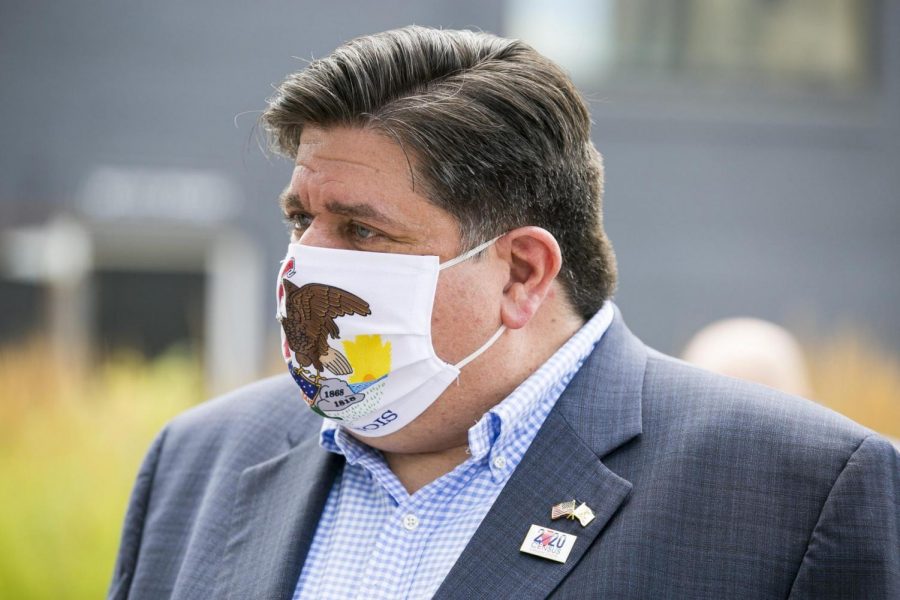
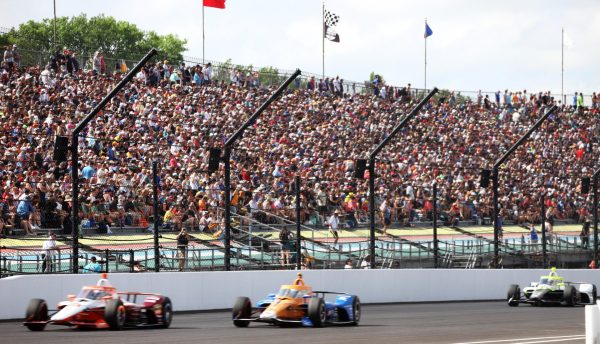
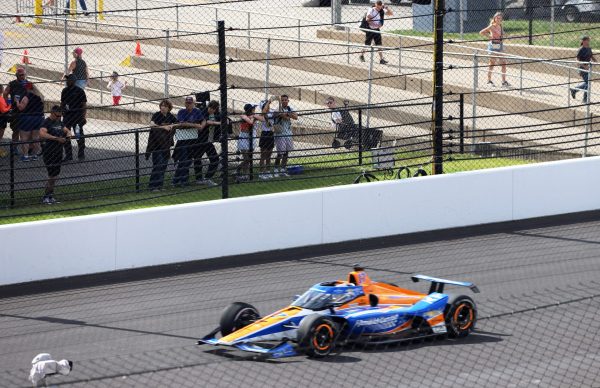
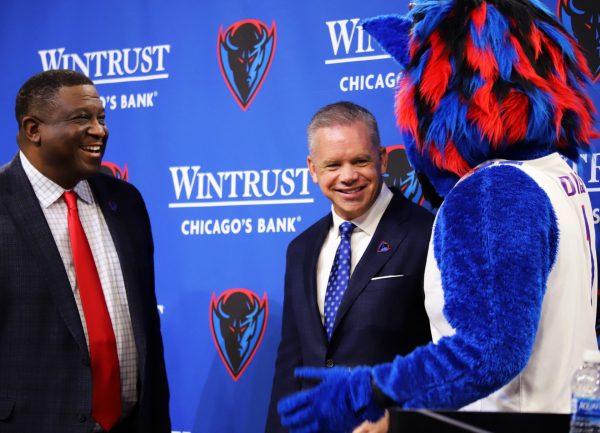
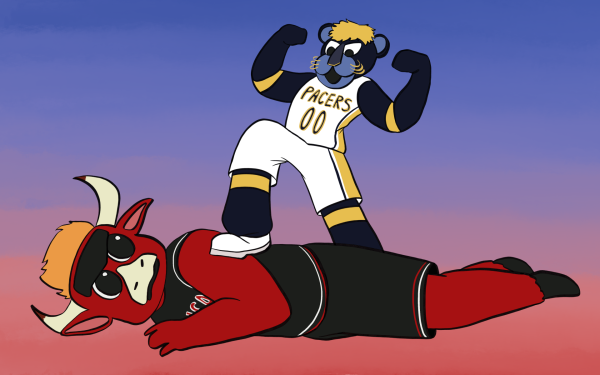
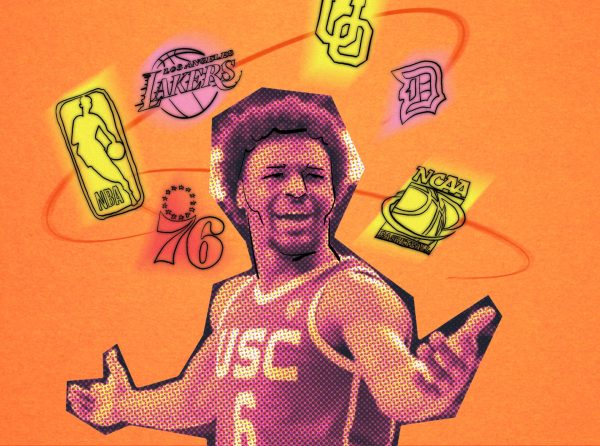
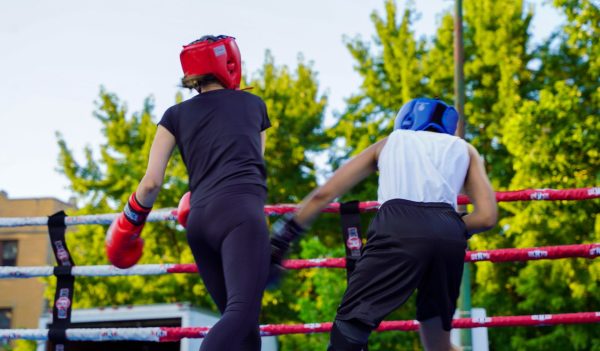



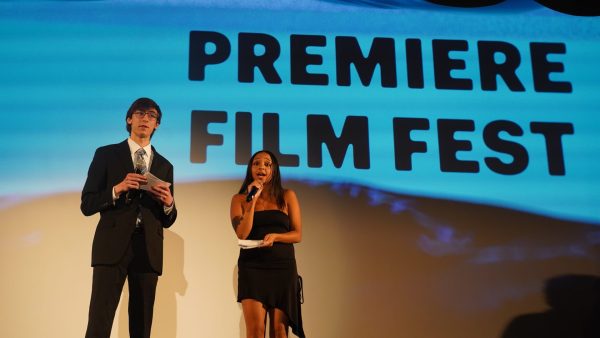
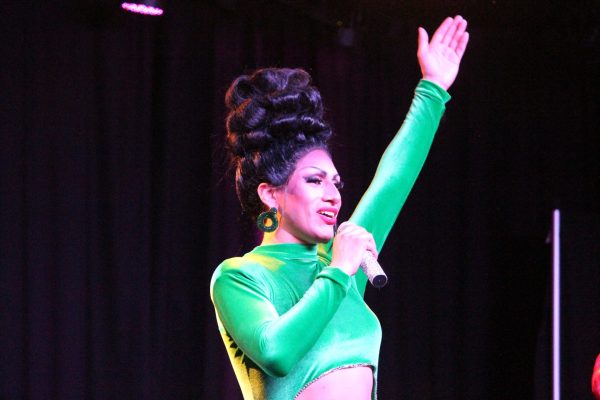
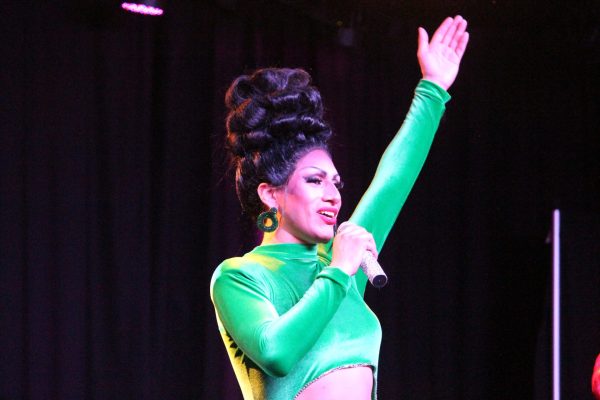

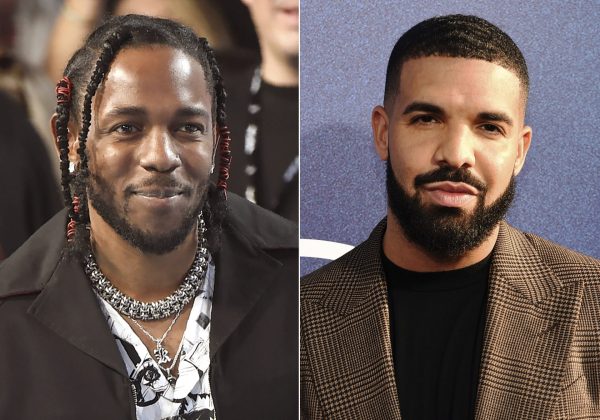
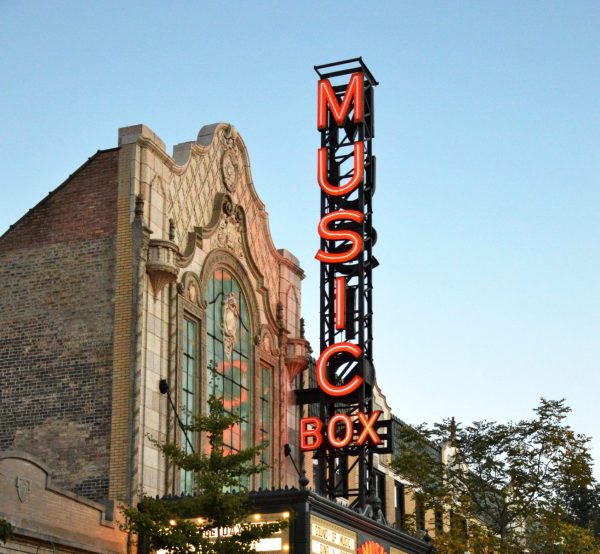
Chili Hyde • Oct 26, 2020 at 5:19 pm
It’s such a Catch-22 but alas i agree that throughout disappointment, depression and boredom the players and coaches are experiencing, we must protect lives.
It’s no joke and not the sniffles.
Great article which just confirms what a lot of us were feeling and thinking.